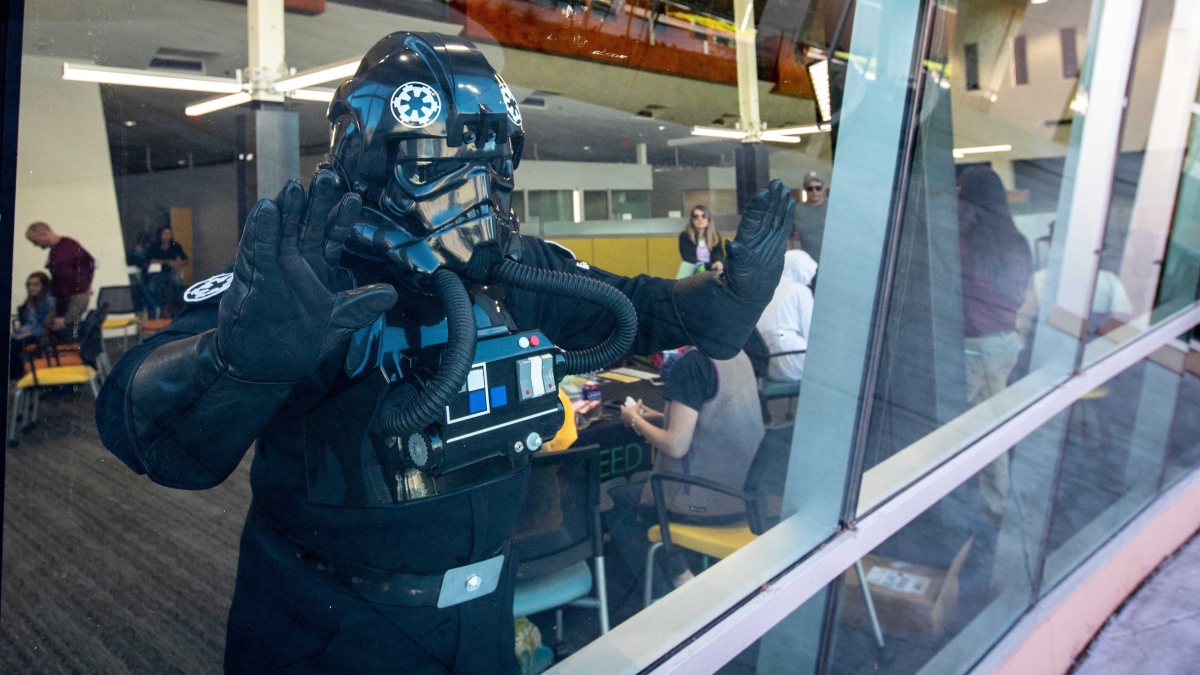If you’ve returned from spring break in a panic because you haven’t yet made your fall 2019 class selections, we can help.
The Department of English at Arizona State University has a veritable smorgasbord of fall course offerings, serving up something for nearly every palate. Have a taste for refined flavors? Shakespeare might be your thing. Boredom allergy? Check out the film and media studies "Star Wars" course — it’s certified boredom-free! Craving some couplets? Intern as a reader for Hayden’s Ferry Review to get your verse (or prose) on.
We’ve listed those and a few other standout choices here — but there are even more options in the ASU class schedule (search by “ENG,” “FMS,” “LIN” or “APL” prefixes). The courses include online offerings as well.
1. FMS 394 — Star Wars Universe
That’s right. We said Star Wars. You don’t have to travel to a galaxy far, far away to get schooled in the cultural phenomenon of this canonical film franchise. Star Wars at ASU is a team-taught, multidisciplinary course with presentations by top faculty in film and literature.
Using a range of films, lectures, scholarly readings, clips and short videos — and, presumably, The Force — the course examines the fabric of the Star Wars universe from a variety of perspectives to explore its unprecedented impact on film and popular culture.
Topics and lecturers include “Star Wars Toys and Action Figures” (Kevin Sandler), “Star Wars: The Alt-Right Strikes Back” (Lee Bebout), “Star Wars and the Female Action Hero” (Aviva Dove-Viebahn), “Star Wars as Brand (Failure)” (Julia Himberg), and “The Hero’s Journey and Storytelling Structure in Star Wars” (Christopher Bradley) — among others. The course is moderated by Taylor Nygaard, a lecturer in film and media studies at ASU.
If you register: Star Wars Universe (class #90826) is offered through ASU Online in Session B. It is open to any currently enrolled online student.

2. ENG 321 — Shakespeare
But Obi-Wan is not our only hope. Professor Jonathan Hope, ASU’s “literary linguist,” is gifted in the ways of … Shakespeare’s language.
The author of “Who Invented 'Gloomy'? Lies People Want to Believe about Shakespeare,” Hope expertly guides ENG 321 students through six of the Bard’s plays with the aim of giving tools for understanding and (gasp!) enjoyment.
“Why does everyone think this guy’s so good?” asks Hope. Students work through various modes of literary, historical and performative analysis to answer this question for themselves.
Sneak peek: One analysis will focus on the word “gammon,” a recent political insult in the U.K. that refers to a person’s “meaty” complexion. The class will discuss Shakespeare’s use of the word in “The Merry Wives of Windsor.”
“You don’t need to have studied Shakespeare before,” said Hope. “Just bring your enthusiasm and curiosity.”
If you register: Shakespeare (class #80349) meets Tuesdays and Thursdays from 3 to 4:15 p.m. on ASU’s Tempe campus.
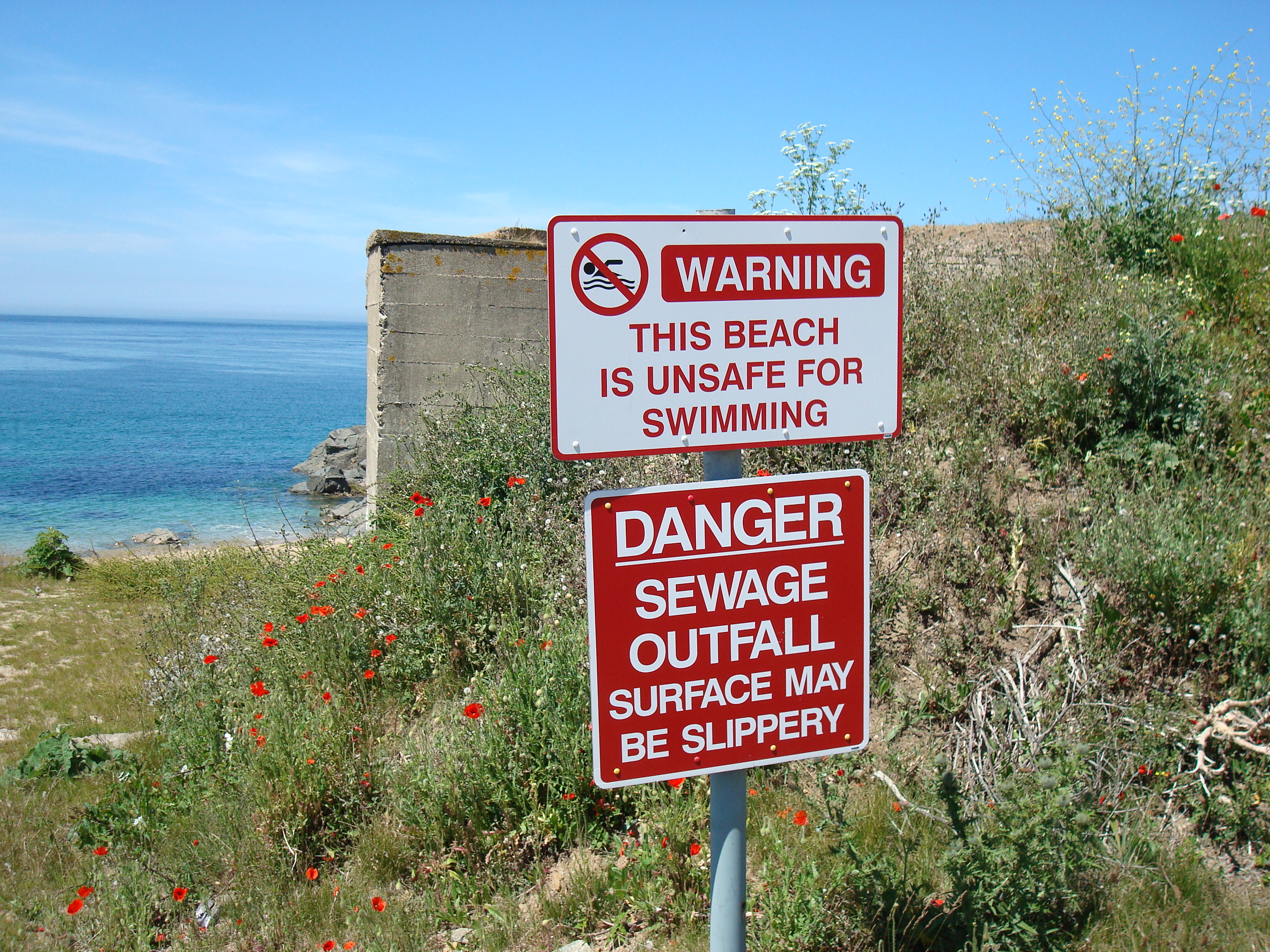
3. ENG 371 — Environmental Rhetoric & Sustainability: Constructing the Future
To be sustainable or not to be sustainable? Does the way we talk about the environment change how we relate to it? Peter Goggin, an associate professor of English and senior sustainability scholar in the Julie Ann Wrigley Global Institute of Sustainability, thinks so. In this “Constructing the Future” course, he introduces students to the rhetorics and discourses of sustainability.
According to Goggin, the natural world is often defined and (mis)understood as a humanistic endeavor; this has enormous impact on current and future conservation strategies. Students in this course will explore a variety of texts and interpretations of sustainability, “from Plato to Palin, Orr to Gore, Leopold to Le Guin,” Goggin said, as they learn how environmental theories, practices, philosophies and policies are constructed and communicated.
If you register: Environmental Rhetoric & Sustainability: Constructing the Future (class #90209) is offered on the Tempe campus as an iCourse during Session A.
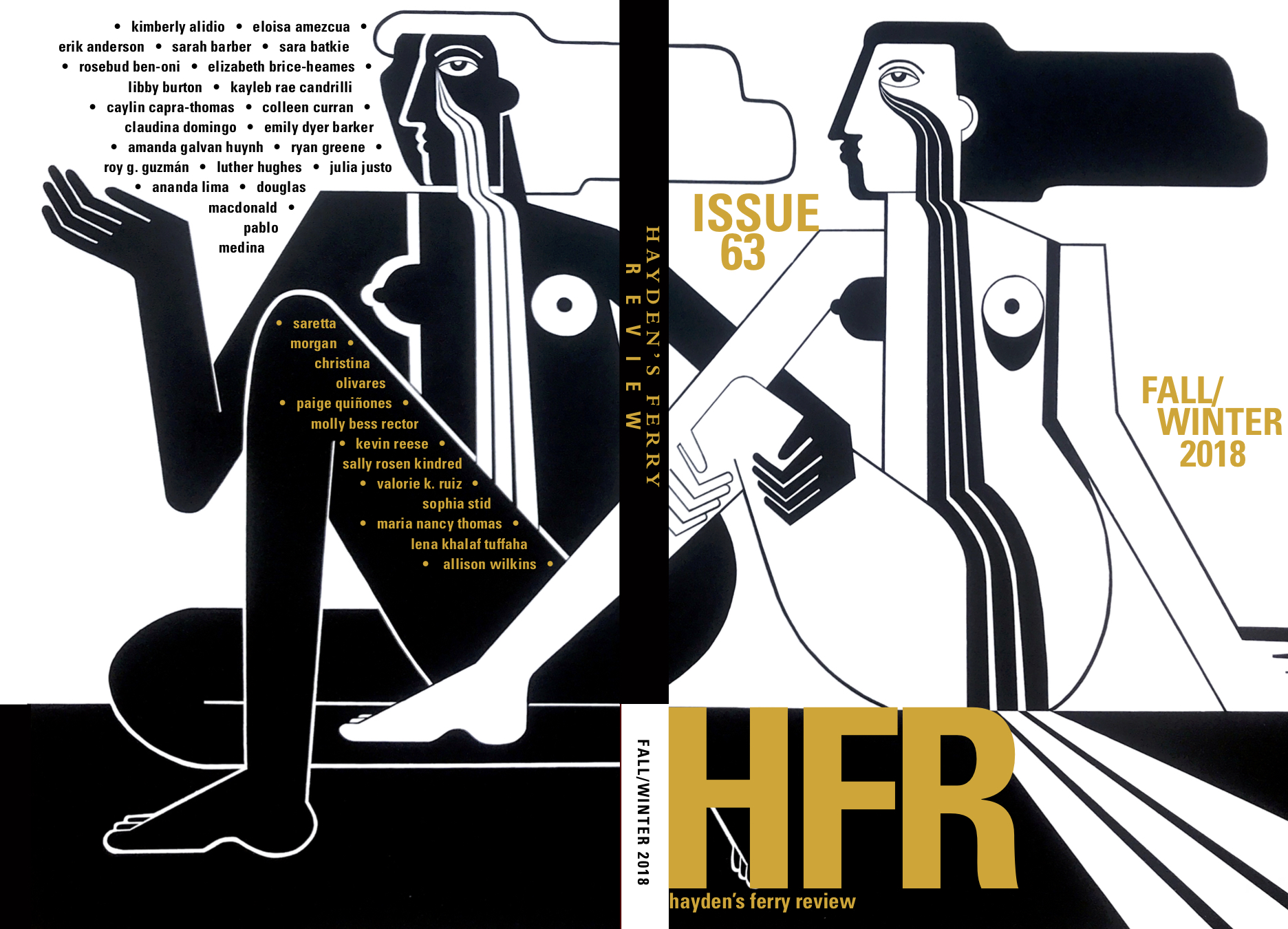
4. ENG 484 — Writing Internship: Hayden’s Ferry Review
No need to be an English major to try out your prowess at poetry or fiction criticism. Students enrolled in this internship serve as “first readers” for Hayden’s Ferry Review, a well-regarded, internationally distributed American literary magazine. Published semiannually by ASU, the review was founded in 1986 and is supported by The College of Liberal Arts and Sciences. It is primarily edited by MFA students in the Department of English’s creative writing program.
Review staff member Katie Berta, herself a writer, serves as mentor for HFR student-readers. Interns also maintain the journal’s databases and library, table at events around the Valley and embark on a special project according to their interests.
If you register: Writing Internship: Hayden’s Ferry Review (class #70854 — instructor of record is Ruby Macksoud, English’s internship coordinator) meets according to student schedules and requires five office hours and five out-of-office hours per week. Students can apply by sending a statement of purpose (no more than two pages) and writing sample (up to 10 pages) to Katherine.Berta@asu.edu.
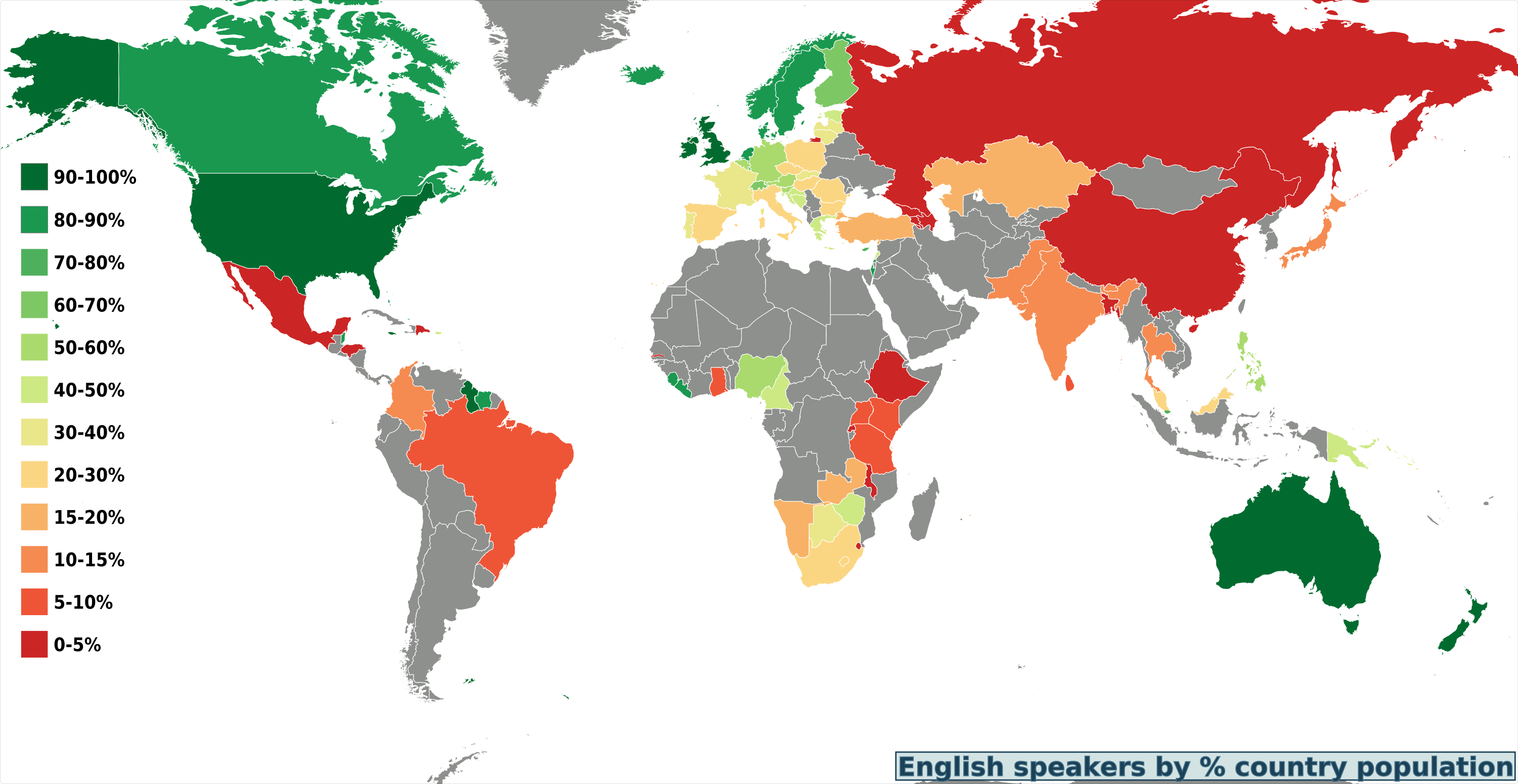
5. APL 518 — World Englishes
Englishes? No, that's not a typo. Can English really be plural? Associate Professor Aya Matsuda answers this last question with a resounding “yes!”
Matsuda is a specialist in applied linguistics, or the study of language issues in real-life contexts. She is passionate about the pluralization of English. Did you know that English has varieties? There’s Australian English, Indian English, American English, Singapore English, Kenyan English and more.
“The field of world Englishes is interdisciplinary, heterogeneous and diverse,” said Matsuda. “I like that the course makeup tends to be that way, too, whenever I get to offer it.”
Topics addressed in this globally focused seminar include language change, language policies, language and identity and linguistic imperialism. While taught at the graduate level, APL 518’s interdisciplinary nature makes it accessible by those outside applied linguistics. It may be of particular interest to students working on 4+1 degrees.
If you register: World Englishes (class #90117) meets Mondays and Wednesdays from 10:45 a.m. until noon on ASU’s Tempe campus.
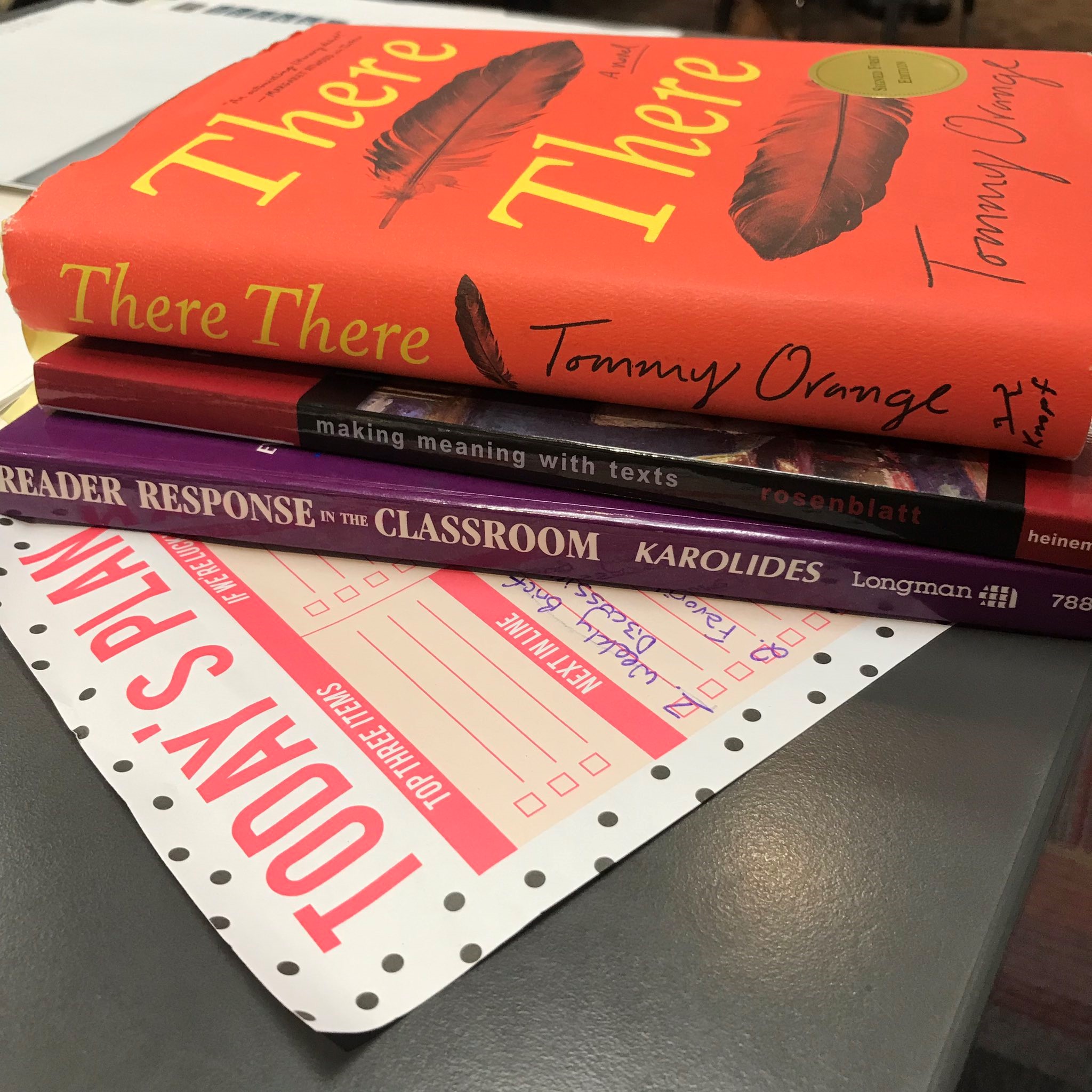
6. ENG 486 — Teaching Texts
Language arts teachers want their students to love literature, right? ASU believes that teaching reading doesn’t have to be dull.
This secondary education course is designed as an exploration of activities and philosophies for building a reading curriculum that’s both strong and exciting. Instructed by award-winning classroom teacher Kate Hope, now in ASU’s English education doctoral program, the class features an array of strategies for engaging both reluctant and enthusiastic readers, including literature circles, books of choice, literary tea parties, digital reading portfolios and final projects.
“The topics for this course tie in beautifully with my goals as a teacher educator,” said Hope. “As a former secondary English Language Arts teacher, I am quite familiar with the struggles and the joys that come with choosing texts that middle and high school students connect with.”
If you register: Teaching Texts (class #90280) meets Mondays from 4:30 to 7:15 p.m. on ASU’s Tempe campus. For questions about prerequisites, please contact englishadvising@asu.edu.
This list is just a sampler of what’s on tap in the Department of English, an academic unit of The College of Liberal Arts and Sciences, during fall 2019. Taught by award-winning faculty from myriad specialties, the courses cross disciplinary boundaries and are designed to reach students where they are.
Image information: Roast Gammon with Ginger Beer, Ginger Glaze and Clementine Relish (by Jane Charlesworth on Flickr under 2.0); Life’s a Beach but Watch Where You Step (by Peter Goggin); full cover of Hayden’s Ferry Review issue 63; World Map Percentage English Speakers by Country (by Felipe Menegaz, Peter Fitzgerald on Wikimedia under 4.0); and books used for ASU’s “Teaching Texts” class (by Jessica Early). Top photo: A TIE Fighter pilot keeps an eye out at ASU's Ross-Blakley Hall on the Tempe campus, home of the Department of English. During ASU's 2019 Open Door event, English promoted its "Star Wars" experts and hosted costumed characters. Photo by Charlie Leight/ASU Now
More Science and technology

Hack like you 'meme' it
What do pepperoni pizza, cat memes and an online dojo have in common?It turns out, these are all essential elements of a great cybersecurity hacking competition.And experts at Arizona State…

ASU professor breeds new tomato variety, the 'Desert Dew'
In an era defined by climate volatility and resource scarcity, researchers are developing crops that can survive — and thrive — under pressure.One such innovation is the newly released tomato variety…

Science meets play: ASU researcher makes developmental science hands-on for families
On a Friday morning at the Edna Vihel Arts Center in Tempe, toddlers dip paint brushes into bright colors, decorating paper fish. Nearby, children chase bubbles and move to music, while…


